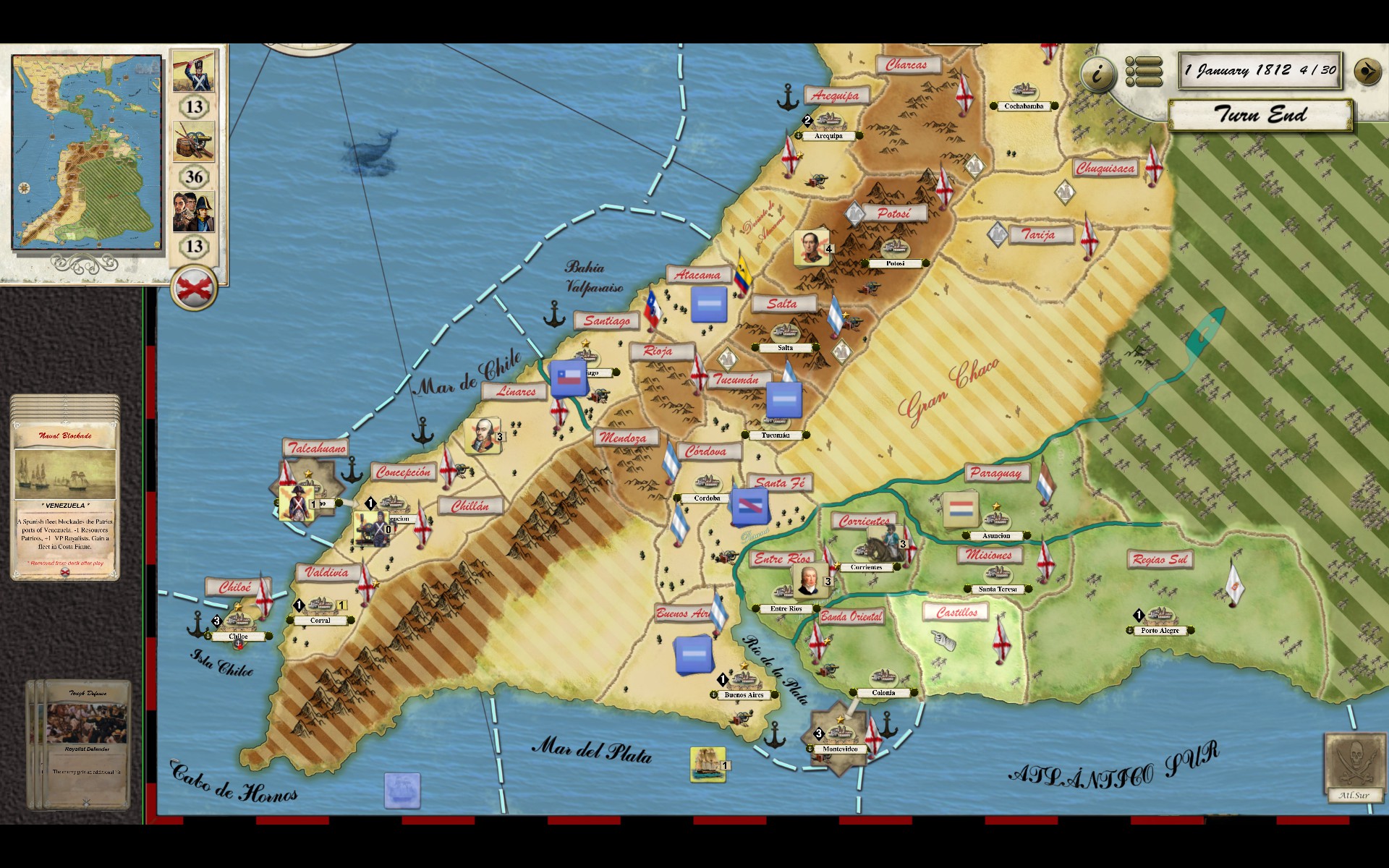Today, the term “Mercenary” gets thrown around a lot, bringing up many questions. These questions include such questions as “What is a Mercenary?” “What do Mercenaries do?” “What is the legality of Mercenaries?” to “Why did they kill off Janders at the airfield?” Okay, the last one references the classic film “The Wild Geese”, which for years was how people viewed mercenaries.
Namely, a group of men for pay for doing dirty deeds in Africa for industrialists. However, since the 1990s, the role of mercenaries has changed, as more and more militaries depend on “contractors” to carry out various duties. I will be focusing solely on those on the front line of combat.
The man who changed the view of mercenaries was Neall Ellis, even if he at first glance was a typical mercenary, a white South African born in what was Rhodesia, who obtained a Mi-24 Hind helicopter gunship and offered his services. What was different was that he provided his work directly to the governments. Sierra Leone faced off with the Revolutionary United Front (RUF) and hired him.
The Sierra Leone government army was ineffective, but Ellis and his Hind were not, and governments and NGOs noted that at times, his daily flights were what kept the RUF at bay. Soon, this will lead to an expansion of “Legitimate” mercenary companies, or as they prefer to be called, private military companies (PMC). Many did excellent work; others, like the US Blackwater group or Russia’s Wagner group, became notorious. Mercenaries since 2000 have been used in a lot of areas of conflict, and Ukraine is one of them.

In 2014 when Crimea was invaded, the Ukraine army was in shambles. Much of the fighting in the Dombas area was fought by mercenary and para-military groups, ranging from Georgian exiles to radicals from the left and right political wings. This brings us to the question, “What is a mercenary”
There is no hard and fast definition, but the closest to an international standard is found in the 1977 amendment to the Geneva Conventions. Article 47 defines it, but not all countries are party to this part of the Geneva Convention. It states that Mercenaries should not be viewed as having POW status but then defines a six-step definition of who these are.
To be a mercenary, one must meet all six sections.
(a) is specially recruited locally or abroad to fight in an armed conflict;
(b) does take a direct part in the hostilities;
(c) is motivated to take part in the hostilities essentially by the desire for private gain and is promised, by or on behalf of a Party to the conflict, material compensation substantially more than that promised or paid to combatants of similar ranks and functions in the armed forces of that Party;
(d) is neither a national of a Party to the conflict nor a resident of territory controlled by a Party to the conflict;
(e) is not a member of the armed forces of a Party to the conflict; and
(f) has not been sent by a State which is not a Party to the competition on official duty as a member of its armed forces. C, D, and E are the key sections, as it eliminates many who are sometimes called mercenaries.

Suppose you are part of that nation’s regular army (even if). In that case, as a Foreign legion, you are not a mercenary, if you are a citizen or resident of the country (even if you have other citizenship), you are not a mercenary, and if you are taking the same pay as others with the same job, you are not a mercenary.
This, however, does not stop others from making their definitions; Russia has said any Foreign legion members in Ukraine will not get POW status and is currently trying to deny it to even dual-citizens fighting in regular Ukrainian units. The Red Cross may resolve this or be just another war crime. In the end, modern mercenaries are still not too far off from the “Wild Geese” of fiction and the likes of Mad Mike Hoare in real life.
In many cases, it is now governments who are paying for their services, sometimes for laudable reasons that provide security to regions, and other times still for outright coup attempts and providing plausible deniability for various countries. As long as there are military veterans and those seeking adventure, there will be a supply of men and now women willing to fight for a dollar, for a good cause and evil.





